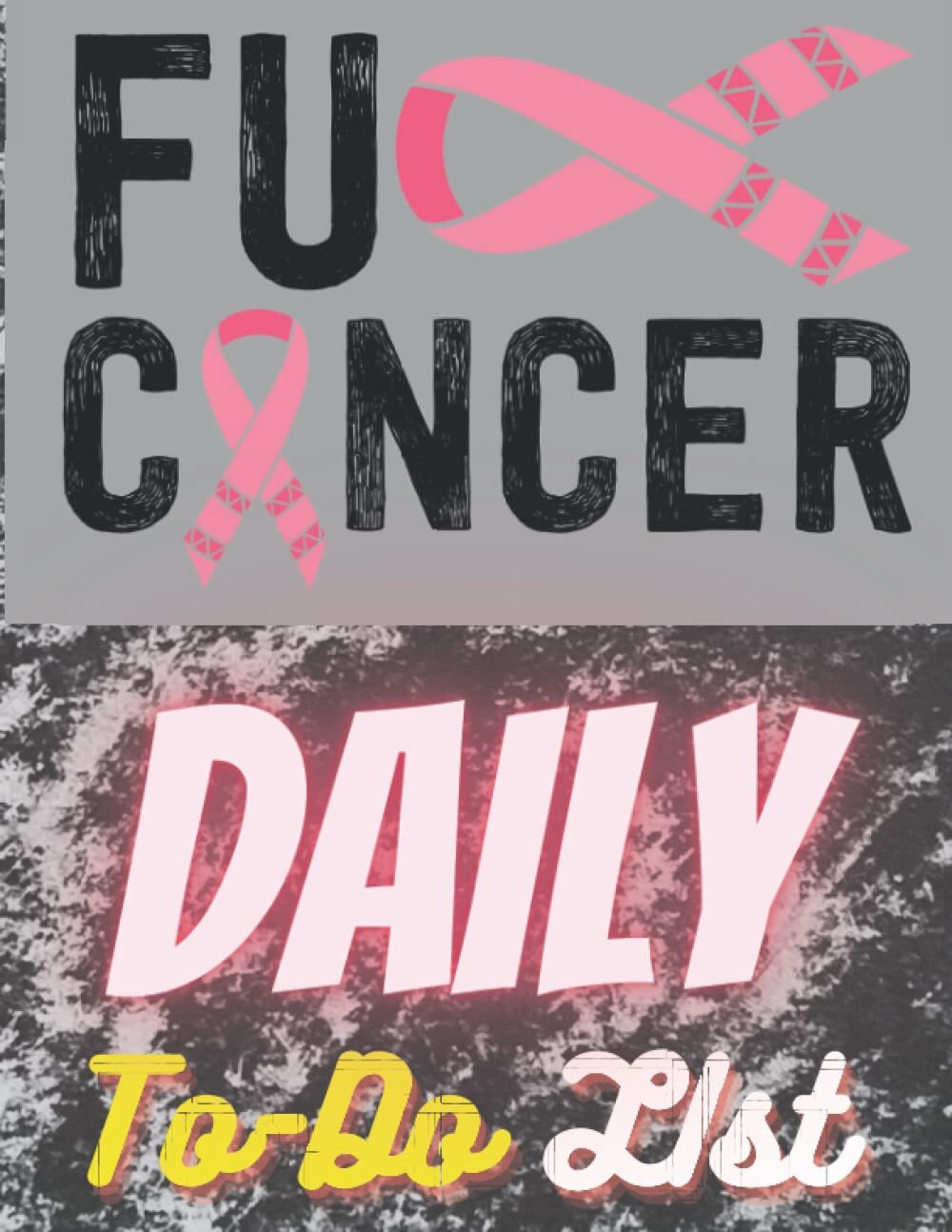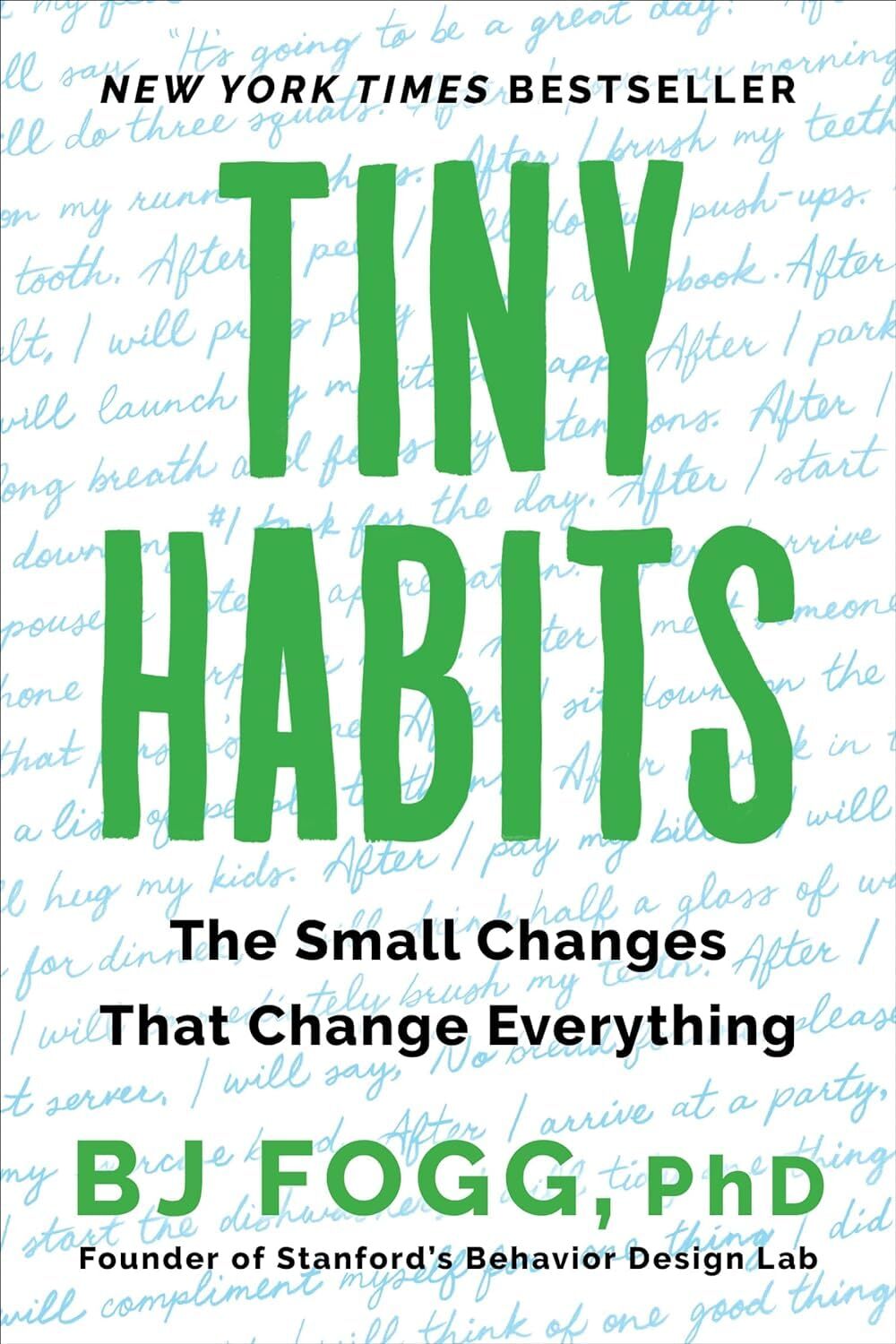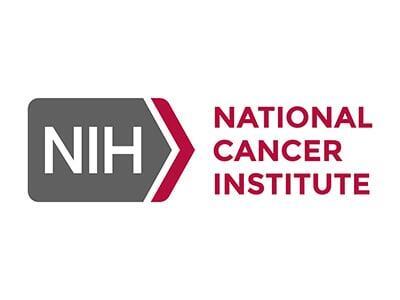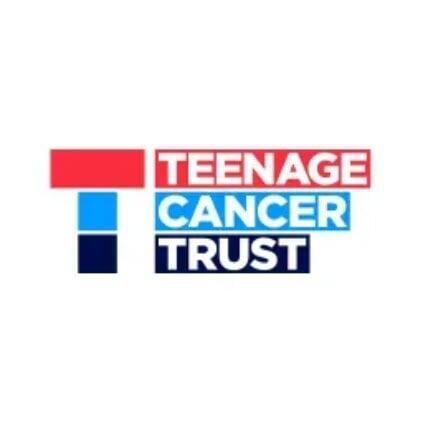Daily Goals
Small, Actionable Steps to Support Cancer Recovery Every Day
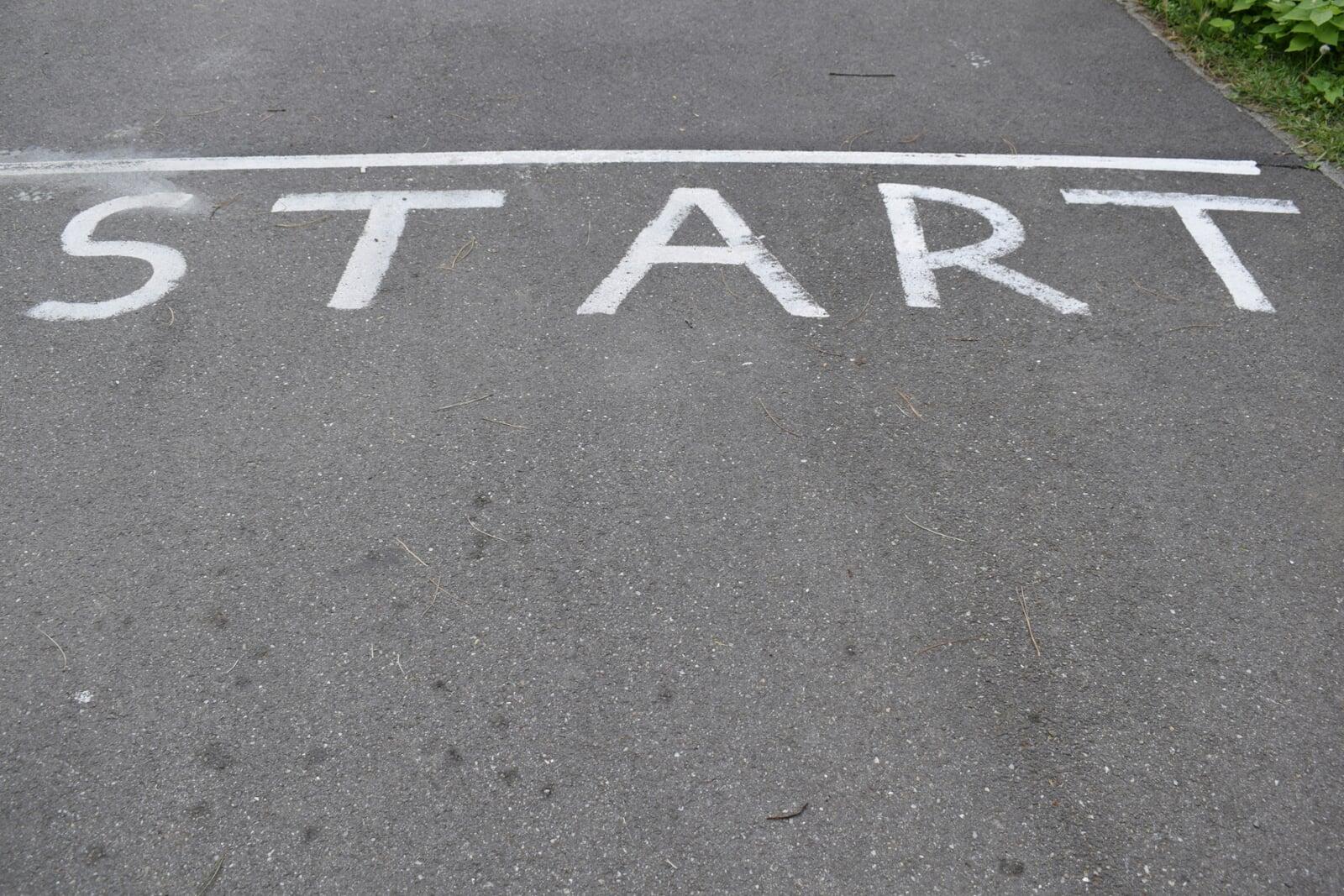
Introduction
Daily Goals are small, manageable tasks set each day to support cancer survivors in their recovery journey. These focused actions promote consistency, boost motivation, and address immediate needs across physical, emotional, and social aspects of survivorship.
Why It Works
Daily Goals provide structure and a sense of accomplishment, countering the unpredictability of cancer recovery. Research indicates that small, consistent actions improve mental health, enhance adherence to healthy habits, and reduce fatigue, helping survivors build momentum toward larger recovery objectives.
How To Do It
Instructions:
1. Set Intentions:
- During Treatment: Choose simple tasks to maintain energy, like drinking 6 glasses of water or resting for 10 minutes.
- Early Recovery: Focus on rebuilding strength, e.g., taking a 5-minute walk or journaling feelings.
- Late Recovery: Aim for goals that enhance well-being, like preparing a healthy meal or connecting with a friend.
- During Treatment: Prioritize minimal tasks, e.g., “Take medication on time” rather than complex routines.
- Early Recovery: Set modest goals, like “Do 3 minutes of deep breathing” to manage fatigue.
- Late Recovery: Gradually increase complexity, e.g., “Complete a 10-minute stretch routine.”
- During Treatment: Focus on nutrition or rest, e.g., “Eat a small, balanced snack.”
- Early Recovery: Include gentle movement or mindfulness, like “Practice 5 minutes of meditation.”
- Late Recovery: Emphasize sustained wellness, e.g., “Track sleep to aim for 7 hours.”
- During Treatment: List goals in a bedside notebook for easy access.
- Early Recovery: Use a simple app to track tasks as energy improves.
- Late Recovery: Document goals in a journal to reflect on progress.
- During Treatment: Focus on something that is easily achieveable but still significant to your identity, e.g. "Do a short Zoom meeting with your siblings." This will reinforce your role as a brother or sister and let them know that family relationships are a priority for you now.
- Early Recovery: Indentify an activity that's tangible to you where success 100% achieveable, e.g. "Walk around the block." Start stacking accomplishments.
- Late Recovery: You may be tempted to use you 'Most Important Project' to build a bridge to your past life but also look at this goal setting exercise as an opportunity to build a new better life for yourself, e.g. "Establish a new habit by riding a bike once a week."
- During Treatment: These 3 daily goals should provide you more comfortable and give yourself some grace, e.g. "1. Call my cousin." "2. Watch a movie this afternoon." "3. Ask family members to figure out 'meal on wheels' during my next cycle."
- Early Recovery: Plan 3 simple tasks for your day where you may only complete 1 or 2 of them. Organize your day so you are able do your tasks when your energy level is at its highest. Push it a little by expanding your horizons but don't label incompletions as failures.
- Late Recovery: Lock in your 'Top 3 Goals of the Day' as part of your new job. These daily tasks may somewhat resemble your prior life but with an understanding that your cancer journey has changed you and your interests and priorities may have changed as a result.
- During Treatment: Check off tasks to feel accomplished despite low energy.
- Early Recovery: Monitor progress to build confidence in small wins.
- Late Recovery: Review tasks daily to maintain consistency.
- During Treatment: Adapt goals daily based on treatment side effects.
- Early Recovery: Tweak tasks weekly to align with improving health.
- Late Recovery: Reassess goals monthly to support long-term habits.
- During Treatment: Adjust tasks if nausea or fatigue occurs, e.g., skip movement goals.
- Early Recovery: Modify goals based on energy fluctuations.
- Late Recovery: Adapt to new life demands, like work or social activities.
- During Treatment: Share goals with a nurse or caregiver for encouragement.
- Early Recovery: Connect with a support group to discuss daily tasks.
- Late Recovery: Engage family or friends for accountability in lifestyle goals.
Helpful Tips:
- Limit goals: Stick to 1–3 daily tasks to avoid overwhelm.
- Be kind: Adjust goals if fatigue or treatment side effects arise.
- Celebrate wins: Acknowledge completed tasks to boost morale.
- Use reminders: Set phone alerts for tasks like taking medication.
- Align with recovery: Focus on goals that support health or joy.
- Pair with routines: Link goals to daily habits, like drinking water with meals.
- Combine with other tools: Integrate with SMART or strategic goals for coherence.
- Keep a journal: Track daily progress to notice patterns.
- Stay consistent: Small steps build long-term habits.
Recommended Videos
How Does Goal Setting Help With Daily Time Management?
Strong Survivors Network
Goal Setting: Creating a Space Outside of Cancer
SHARE Cancer Support
Cancer: Importance of setting goals
Andrew Murnane / Exercise Physiologist
Influential Books
The Slight Edge is a way of thinking, a way of processing information that enables you to make the daily choices that will lead you to the success and happiness you desire.
Complete and achieve goals on a daily basis. Use for speedy recovery, for self help, for writing down positive affirmations, uplifting reminders, notes of encouragement, and holding oneself accountable.
* As an Amazon Associate I earn from qualifying purchases.
Helpful Websites
Popular Apps
Scientific Research
- Gardner, B., et al. (2016). Habit formation and behavior change in cancer survivors: A review. Health Psychology Review, 10(4), 431–448. https://pubmed.ncbi.nlm.nih.gov/27245705/
- Demark-Wahnefried, W., et al. (2018). Lifestyle interventions to improve health outcomes in cancer survivors. Cancer Journal, 24(1), 1–10. https://pubmed.ncbi.nlm.nih.gov/29360721/
- Lally, P., & Gardner, B. (2013). Promoting habit formation. Health Psychology Review, 7(sup1), S137–S158. https://www.tandfonline.com/doi/abs/10.1080/17437199.2011.603640
Related Topics:
Strongly Related
Reduce Stress:
[Links to related web pages]
[Links to related web pages]
[Links to related web pages][Links to related web pages]
Moderately Related
Issue B:
[Links to related web pages]
[Links to related web pages]


